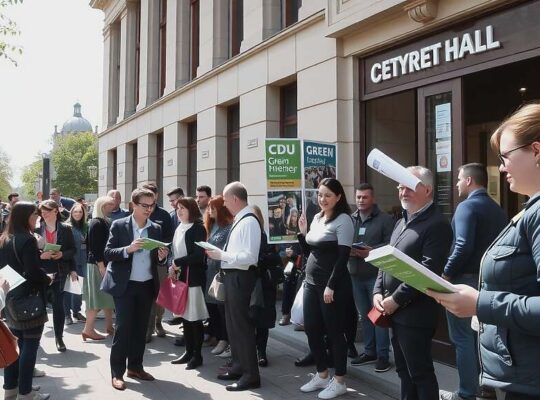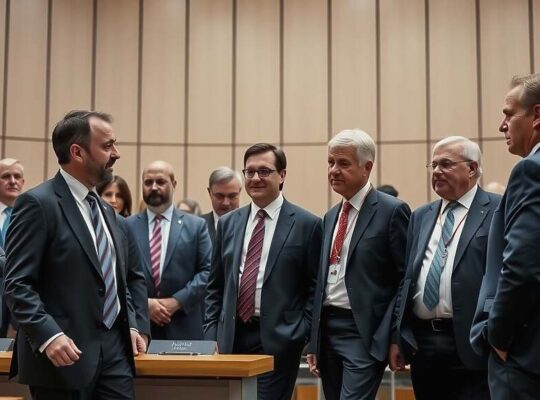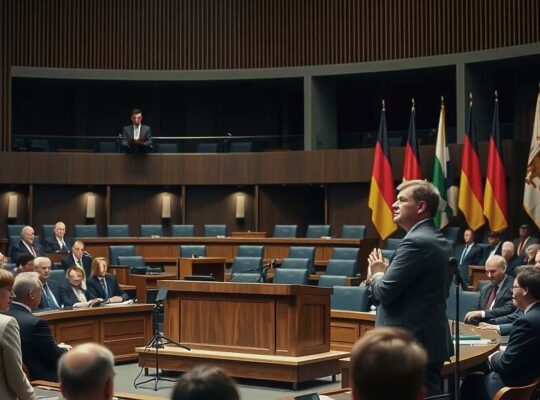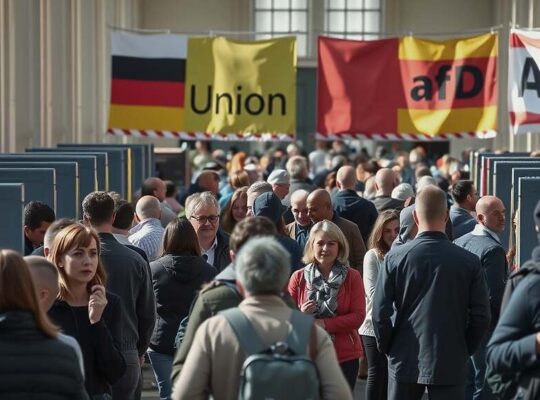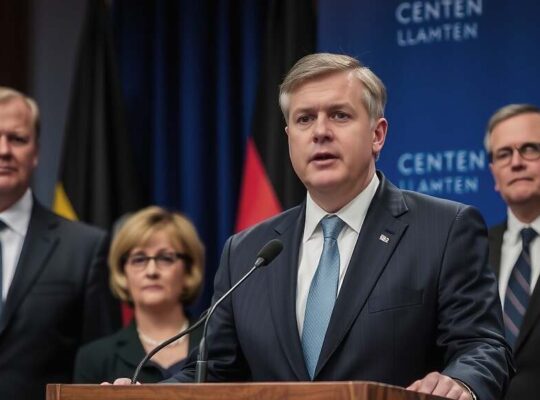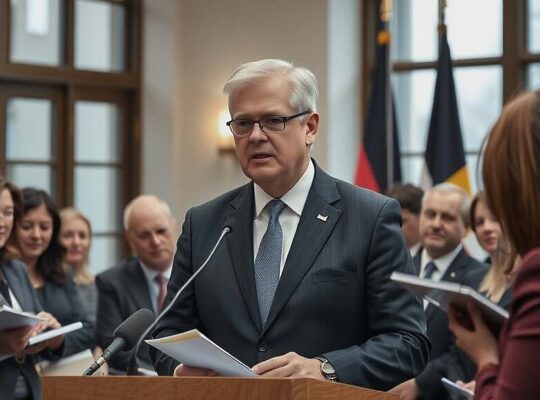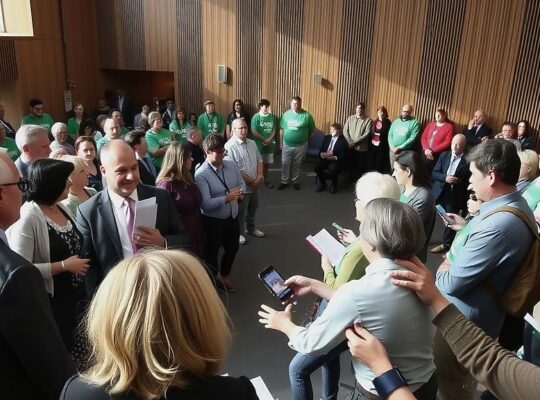The co-leader of the German Green Party, Ricarda Lang, has launched a sharp critique of the Alternative for Germany (AfD), accusing the far-right party of deliberately exploiting public anxieties and fostering division rather than offering viable solutions to the challenges facing the nation. In remarks published by the Funke-Mediengruppe newspapers, Lang argued that the AfD’s political gains are directly tied to its ability to amplify negativity and exacerbate societal tensions.
“The AfD thrives on the perception that Germany is failing, both in the East and the West” Lang stated, directly challenging the party’s populist claims of representing the concerns of ordinary citizens or specifically addressing the needs of eastern German communities. “For me, the AfD is neither the party of the common person nor of eastern German interests.
Lang’s assessment comes amid ongoing debates about the rise of the AfD and its increasing influence in German politics. While acknowledging the party’s significant local presence – a strength partly attributable to their visible community outreach – Lang underscored a critical distinction in their approach compared to that of more established parties. She pointed out that superficial engagement, such as setting up campaign stalls, pales in comparison to offering concrete support, like providing tenant advice, assisting with job searches, or aiding in student loan applications.
The Green Party leader’s comments implicitly call for a renewed focus on grassroots engagement within her own party, suggesting that a more practical, problem-solving approach is necessary to counter the AfD’s appeal. The implicit challenge suggests that simply acknowledging societal anxieties isn’t enough; offering tangible assistance and demonstrating a commitment to improving people’s daily lives is crucial to regaining public trust and effectively addressing the grievances that fuel the AfD’s trajectory. The observation regarding Die Linke’s local presence, coupled with the call for Green Party reform, highlights a broader landscape of political competition and a need for all parties to re-evaluate their strategies for connecting with voters at a local level.




